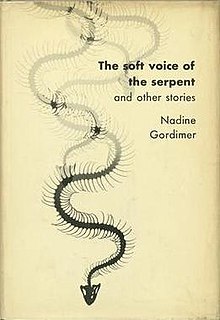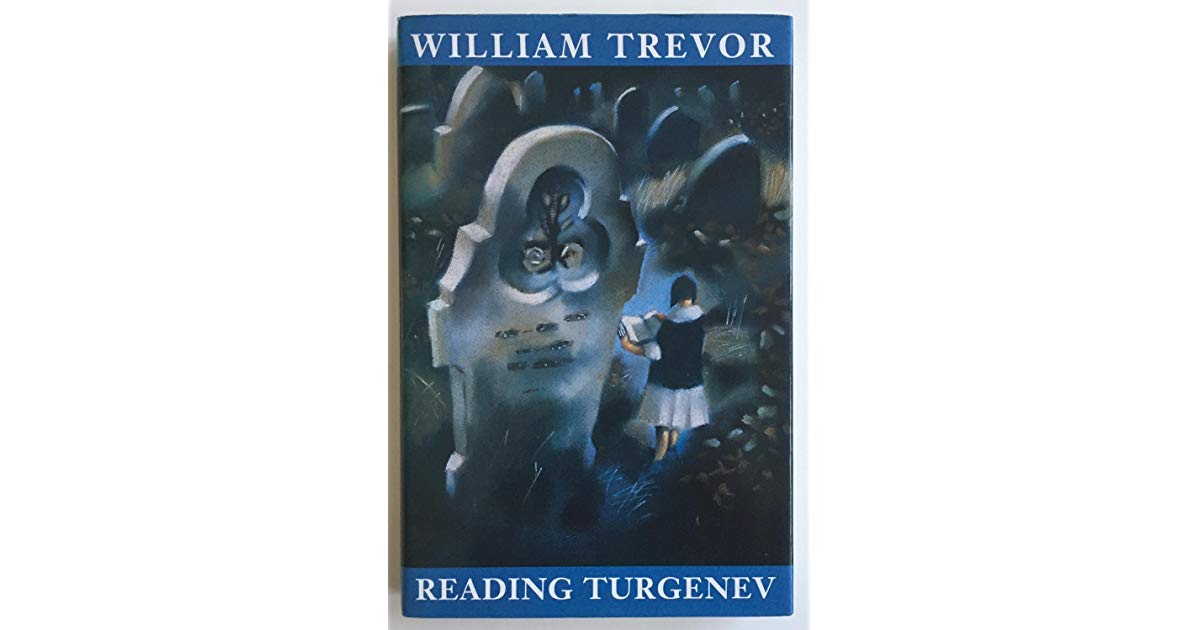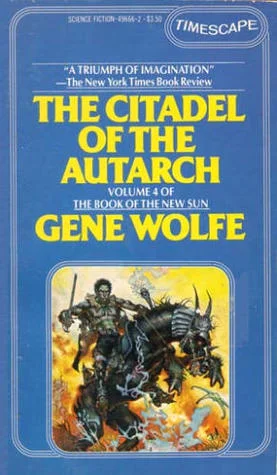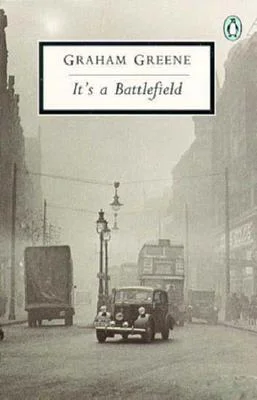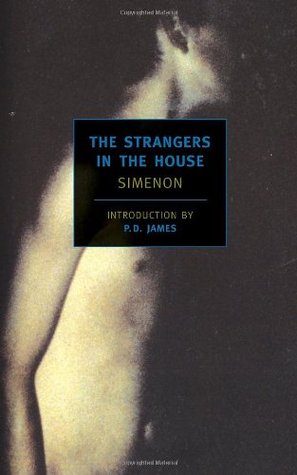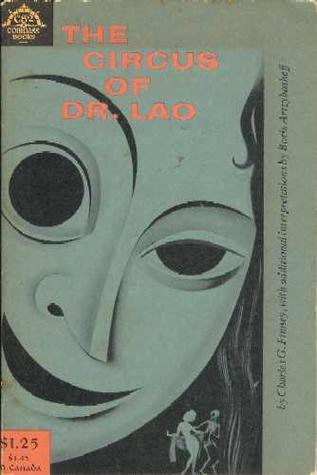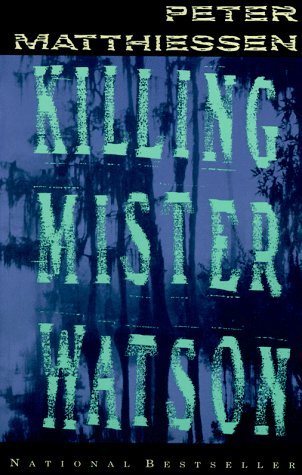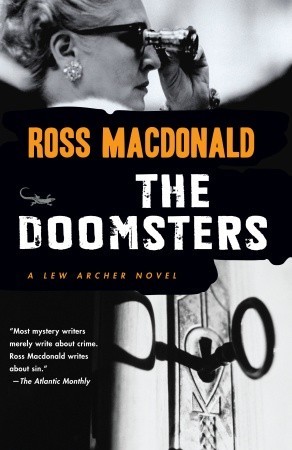Books and Tunes July 31st, 2019
I only read 21 books this month, because I spent about half of it on the sort of vacation where you don't read a lot. But it was a pleasant sojourn, in which I saw chattering children and my beloved parents and so on and so forth. Hope you spent your July in some similarly tolerable fashion.
American Diplomacy by George Kennan – Essays about American foreign policy by the most influential Cold War thinker. Insightful and lucid, well worth a quick read. Somehow it's sort of comforting to recall that America was always pretty fucked up, although the last few years we have been pushing it pretty hard.
Existentialism and Human Emotions by Jean-Paul Sartre – So I was staying with my brother for a few days at the start of the month, and he has a doctorate and used to be a professor, and I was cribbing through a bunch of collegiate philosophical works, including this short book by Sartre, who was a writer I had a great fondness for back when I was like sixteen, and whom I haven't read since.
Alas for my teenage self. This is...not great, a sophomoric and unserious retread of basic Nietzschean thought. 'Anything you do becomes the thing you are because its the thing you did.' Hey man, that's great, thanks. We didn't seriously give you the Nobel, did we? We did? Shit.
Side note: as a rule it's inappropriate to critique a professional based upon a lack of personal morality, but I can't help but think an exception should be made in the case of ethical philosophers. Sartre certainly implicitly agrees, which is why he makes a fairly naked effort to frame his wartime efforts as being more heroic then they were (without actually lying)--which, apart from being contemptible on its own merits, offers an almost comical rebuke to the underlying argument being put forth, since obviously if all actions are equally credible, Sartre's complicity in the Vichy regime shouldn't be a point of shame.
The Secret Commonwealth of Fairies by Robert Kirk – A collection of observations and anecdotes about fairies written by a 17th century Scottish minister. More fun in theory than concept.
The Mountain Lion by Jean Stafford – A precocious girl and her brother try and navigate adolescence, their rigidly prosaic family, and the wildness fastness of the Rocky Mountains in this strange and lovely text. Beautifully written, strangely horrifying, I'd have a lot more to say about it but I read it a month ago and my memory is a little scuzzy, but basically it's well worth your time.
The Sacco Gang by Andrea Camilleri– The history of a family of leftists fighting off the mafia and the Fascists in rural Italy. It was fine.
The Fifth Business by Robertson Davies – The life history of an aging Canadian don, who may or may not have found a saint in a mentally ill woman from his village with whom he shares a tragic past. I liked it enough to get the next two books in the trilogy – the writing is good and it moves at a quick pace. There was something a bit too neat about it, however, which for me dropped it down from excellent to only very good. Still, very good is very good, and like I said I'll finish off the series.
Cecile is Dead by Simenon – Phlegmatic French inspector Maigret traces the murder of a casual acquaintance. The Maigret books have generally fell flat for me in the past, mainly because I don't really care about the procedural niceties of crime solving, but this one, which engaged more with the general depravity of the humans involved – as well as offering Maigret a bit more to do than smoke his pipe and mutter – raised the bar.
Sinner Man by Lawrence Block – A man 'accidentally' kills his wife, fleas bourgeoisie normality to become an up and coming mafioso. Very strong, well-written and mean and fast paced as hell. An excellent example of thuggish, mid-century noir, more Thompson than Chandler (if the plot description didn't make that clear).
The Night of the Panthers by Piergiorgio Pulixi – A bunch of evil cops do evil things in Naples. This is the kind of two-fisted action heavy crime novel about which I just can't give the slightest shit. Sorry.
Total Chaos by Jean-Claude Izzo – A police inspector in Versailles investigates the death of an old friend, thinks far too much about various lost loves. Another one I didn't get.
The Hearing Trumpet by Leonara Carrington – An old woman is given a device to aid her hearing, is moved to an asylum, participates in the end of the world. Generally this sort of wacky premise is my bag, and there were some clever lines here in there, but basically it just devolves into a very lazy attempt at a genre novel, with a lot of silly modern paganism elements that don't really function as satire. Disappointing.
The Reluctant Fundamentalist by Mohsin Hamid-- A Pakistani immigrant goes to an Ivy League schoo, gets a job with a financial company, gradually begins to recognize the gaping moral hole at the heart of the American dream. Clean and swift-moving (if a little bit simple), with a nice final sting. A solid 200 pages, if perhaps never quite life changing.
The Weirdstone of Brisingamen by Alan Garner – Two children fight to save a magic treasure from a Dark Lord, in what I gather is considered one of the highlights of the y/a fantasy genre. I appreciated the dream like, nonsensical quality of the narrative, but got bogged down in all the walking. Lots of walking in this book – through caves, forests, along mountain paths, you get the idea – and I do a lot of walking on my own, so my patience for that is usually pretty low.
Sheppard Lee, Written By Himself by Robert Montgomery Bird – A lazy New Jersey rustic switches bodies down the Eastern seaboard in this enormously peculiar novel which functions as meta-critique about the nature of personhood and satire on Jacksonian America. It's interesting as a historical object but I can't really say I enjoyed it.
Three Plays by Luigi Pirandello by Luigi Pirandello – Three plays examining the nature of theater, personhood, madness and truth. Very clever, like if Borges wrote for the stage. I read a novel by Pirandello a few years back and didn't really appreciate it, but after picking this up I've got a better idea of what all the fuss is about.
Cover Her Face PD James – A maid is murdered in a decaying English mansion, and a phlegmatic inspector (aren't they all?) sifts through a lot of nasty family drama to dry and uncover the killer. A grimly despairing investigation into the evils of human nature, masquerading as a cozy mystery. Quite good.
Man's Search for Meaning by Victor Frenkl – A psychologist considers the lessons learned from his years in Auschwitz, finds meaning in suffering, advocates for a form of psychoanalysis which (in part) focuses on the need for human beings to do the same. Clever! Insightful! Fairly uplifting, by the standards of survivor literature.
The Horseman on the Roof by Jean Giono – An Italian cavalry officer and revolutionary tries to survive a plague outbreak while traveling through rural France. Beautifully written, strange and horrifying, extremely nasty in certain places but with a cheery narrative pull. Alas for a disappointing ending which takes it down a few points.
Fine Just the Way it Is By Annie Proulx – I had very mixed reactions to Ms. Proulx's work, and figured I'd pick up another one to try and come to a conclusion, and I think I just don't like her. Most of the shorts in this abide by the formula which made her famous – terrible things happen to sad people in Wyoming – and while I don't object to failure as a narrative outcome, having every single story end in exactly the same way does take away some of the tension. The few that don't follow this structure are fantastical satire, and are frankly just straight crap.
Divorce Islamic Style by Amara Lakhous – A rookie spy infiltrates himself into an Arab neighborhood in Rome, becomes embroiled with a friend's matrimonial dispute. It's a fun premise but the language drifts from conversational to straight banal, and the ending is kinda garbage.
The Winter's Promise by Christelle Dabos– In a richly drawn fantasy world, a nerdy introvert is forced to travel to a distant land to marry a man she doesn't know; politicking ensues. It dragged at times, but basically I enjoyed the setting enough to enjoy the thing overall. Which is actually pretty high praise, since this kind of thing generally isn't my bag.






















